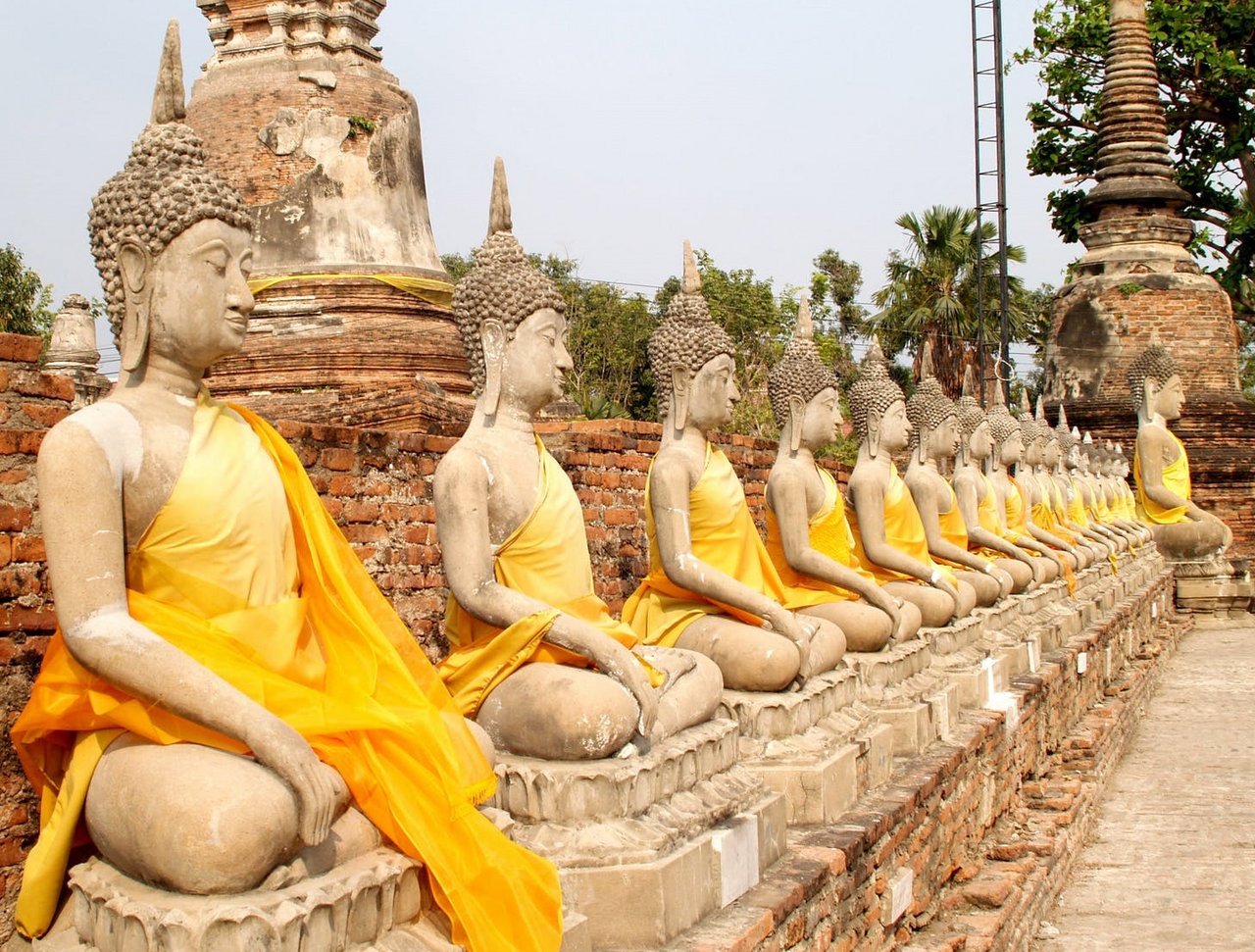
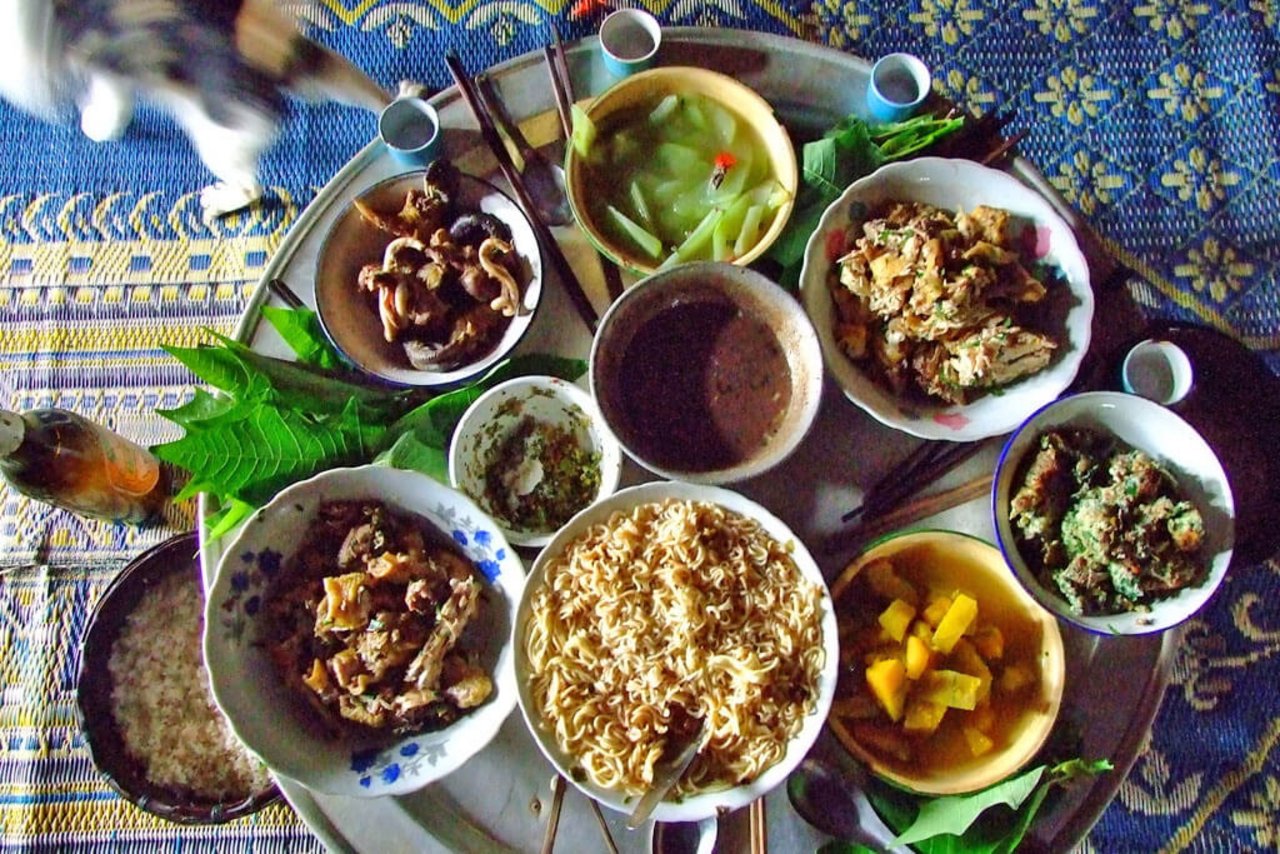
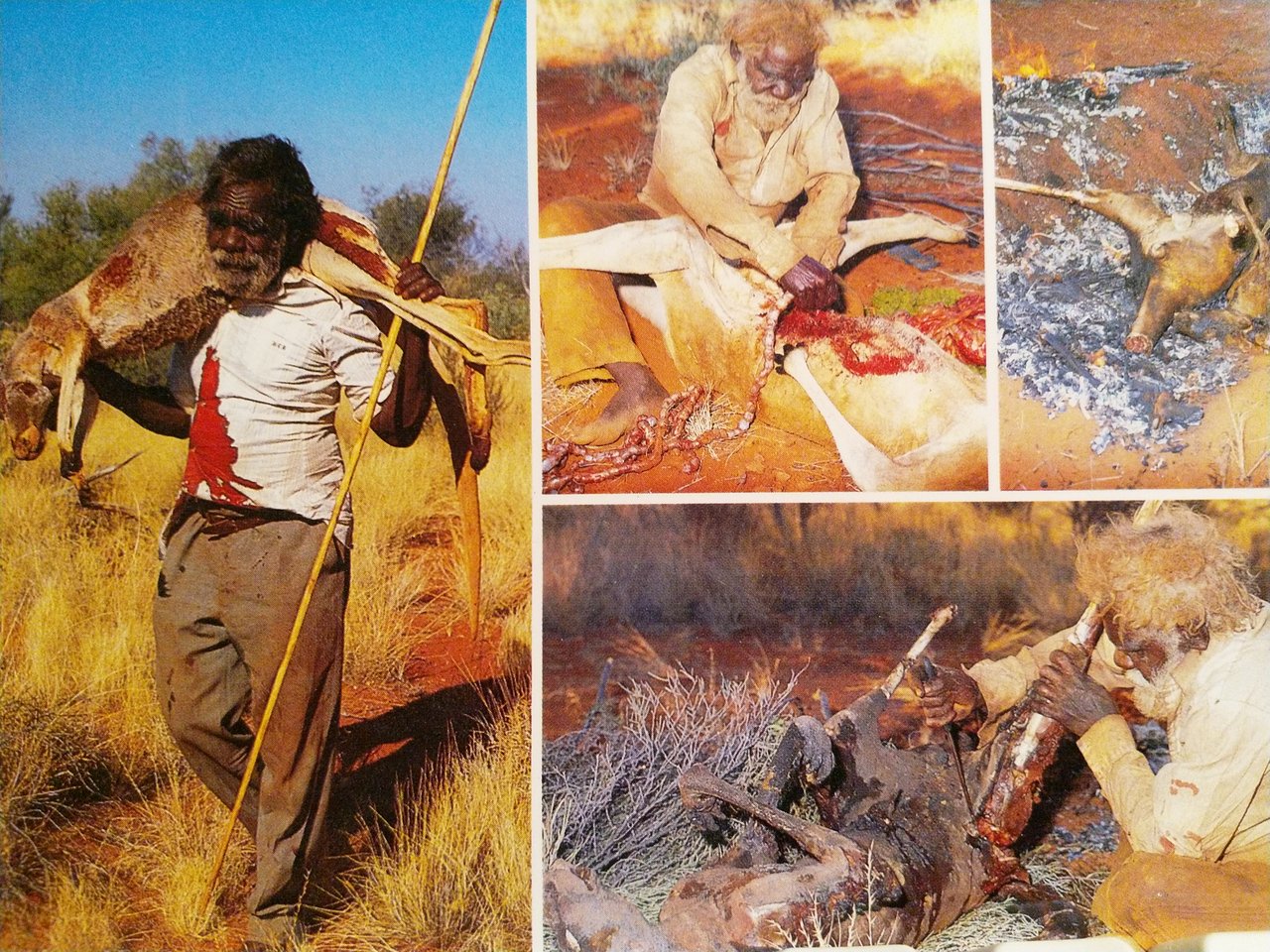

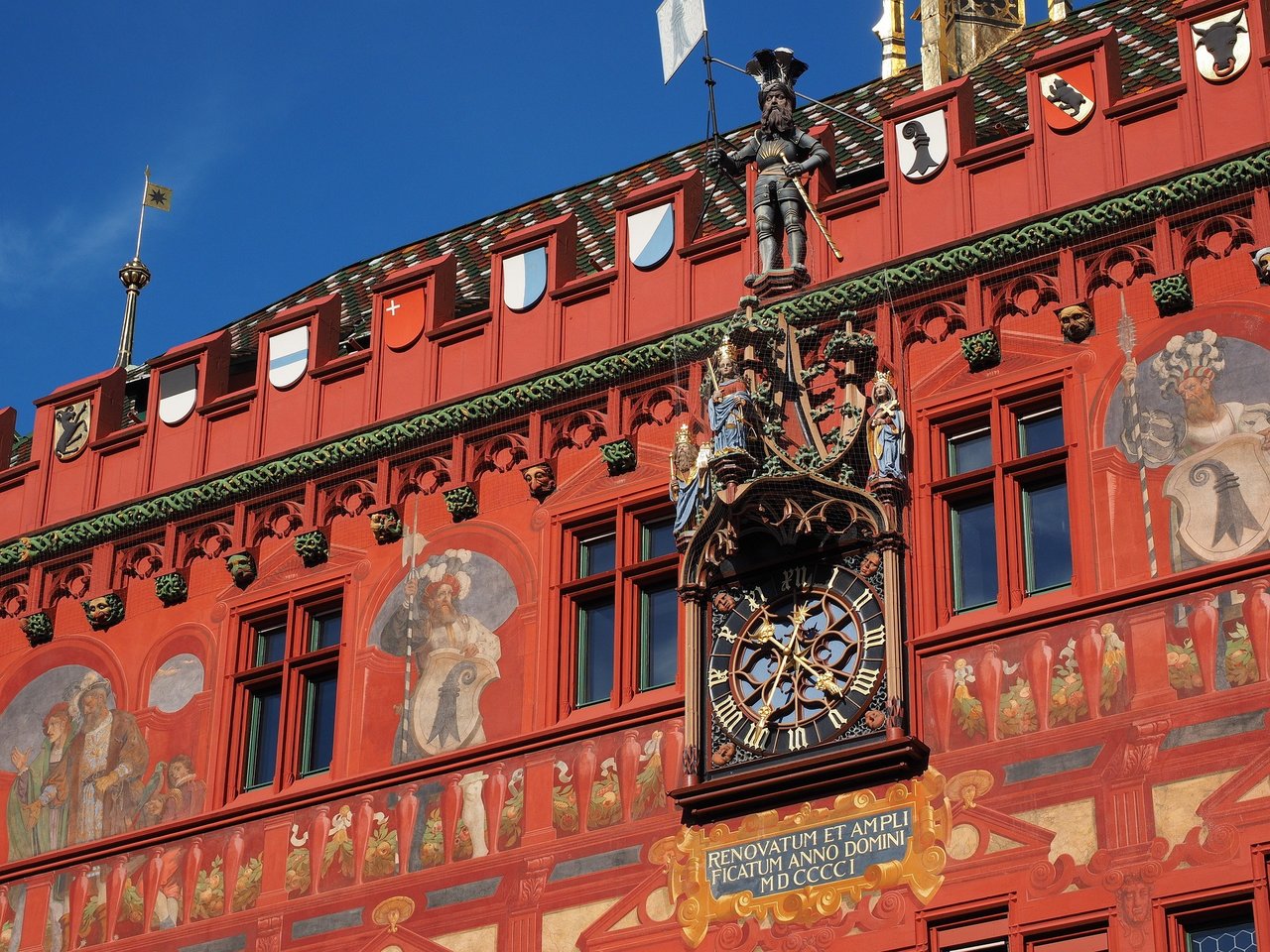
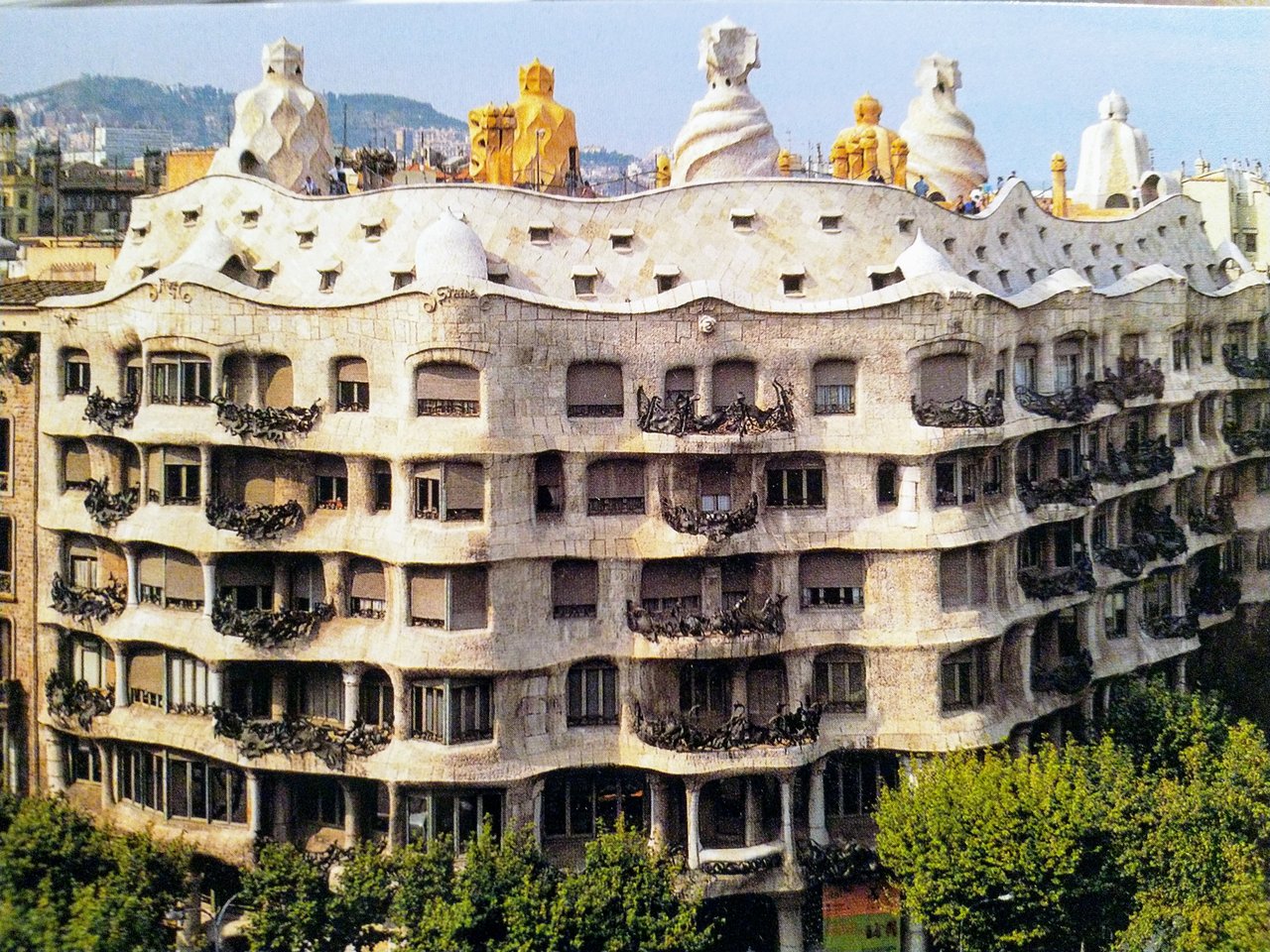
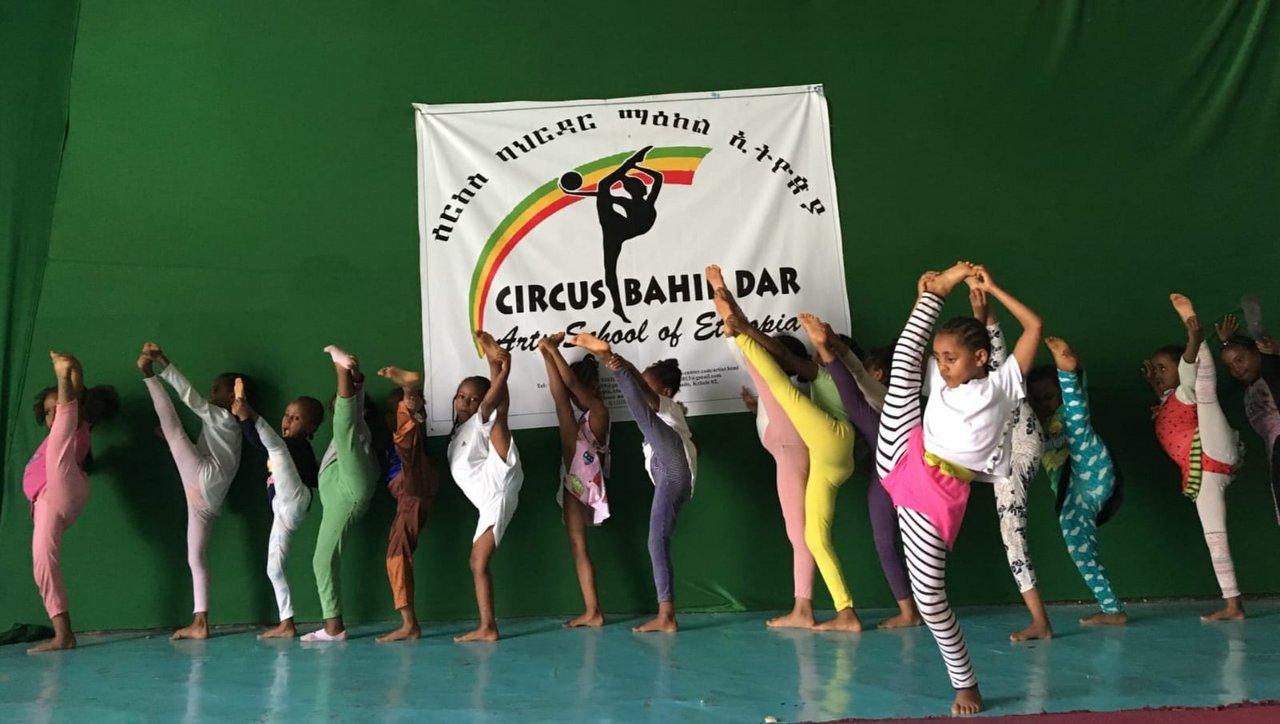
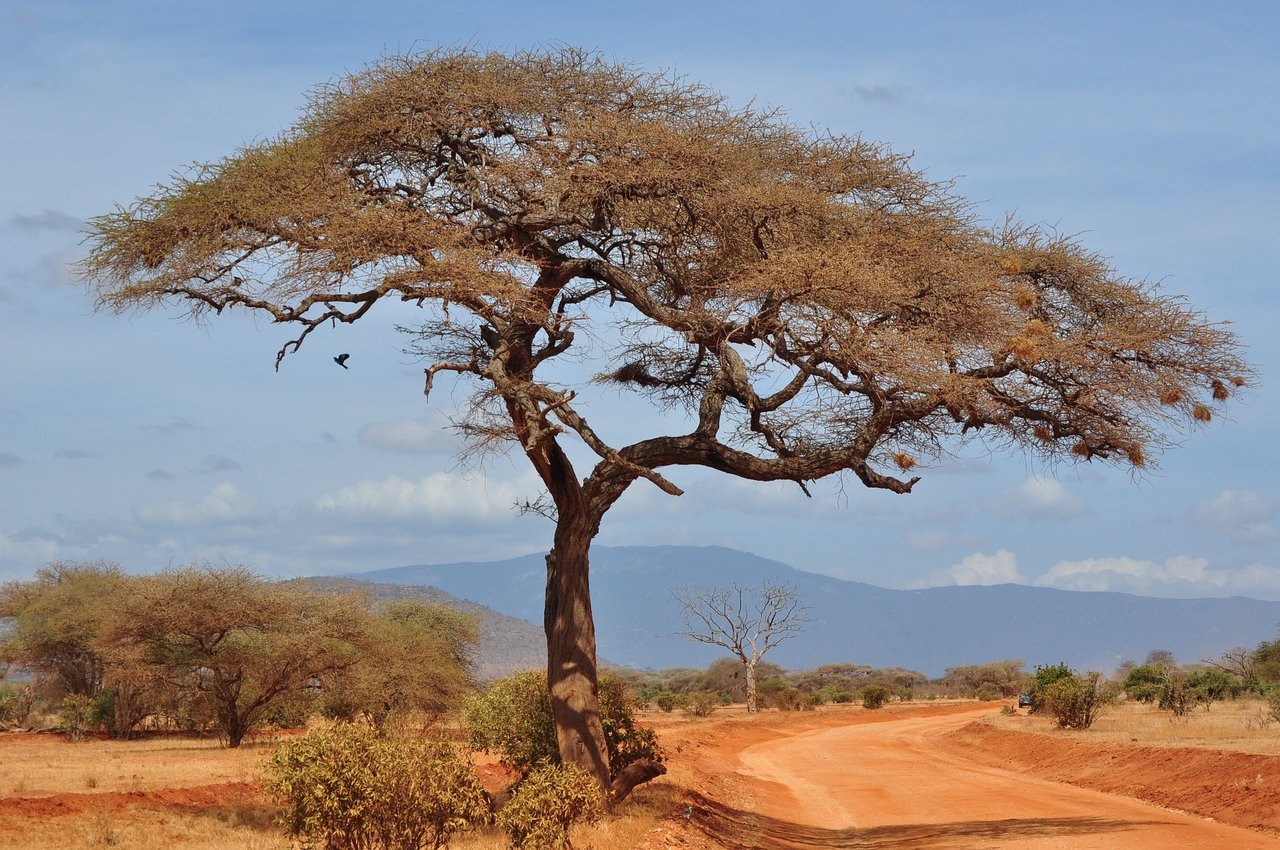
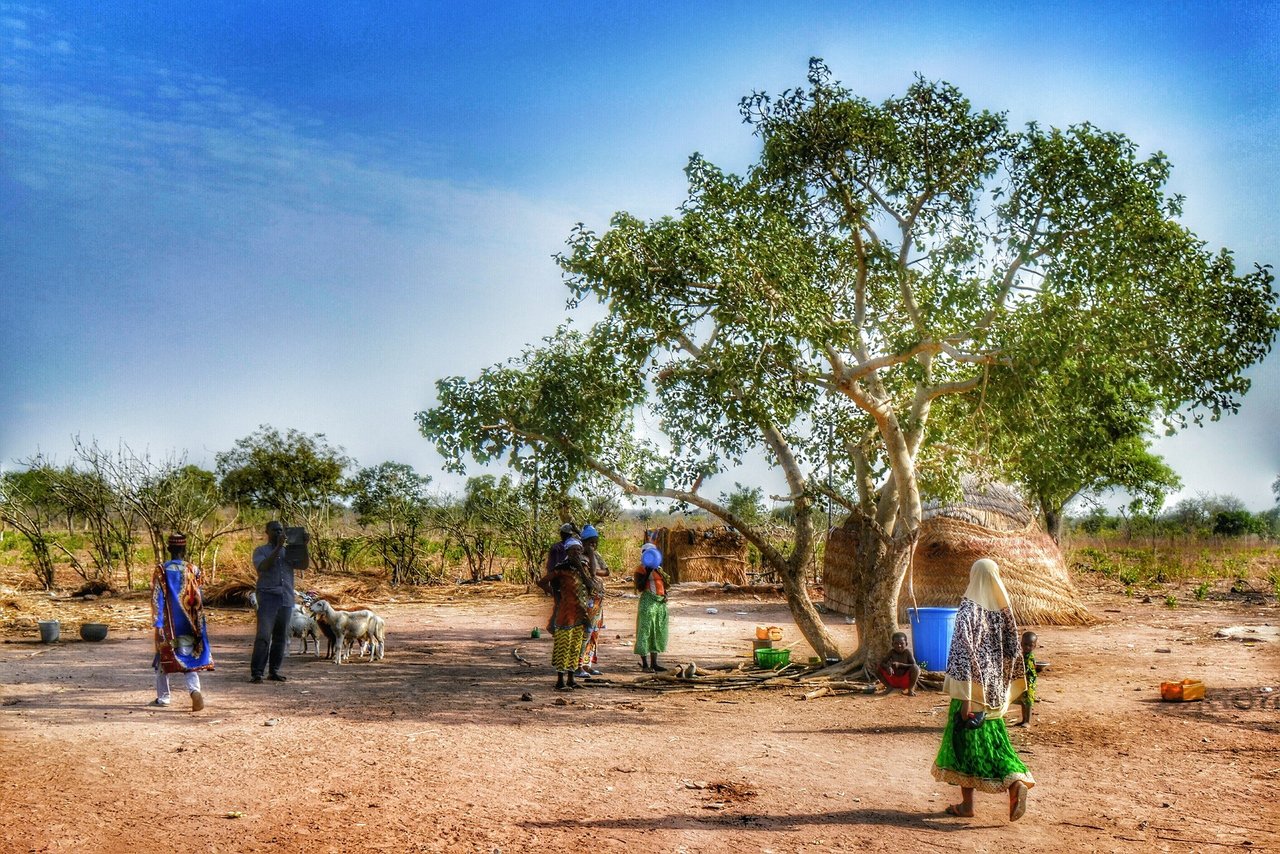
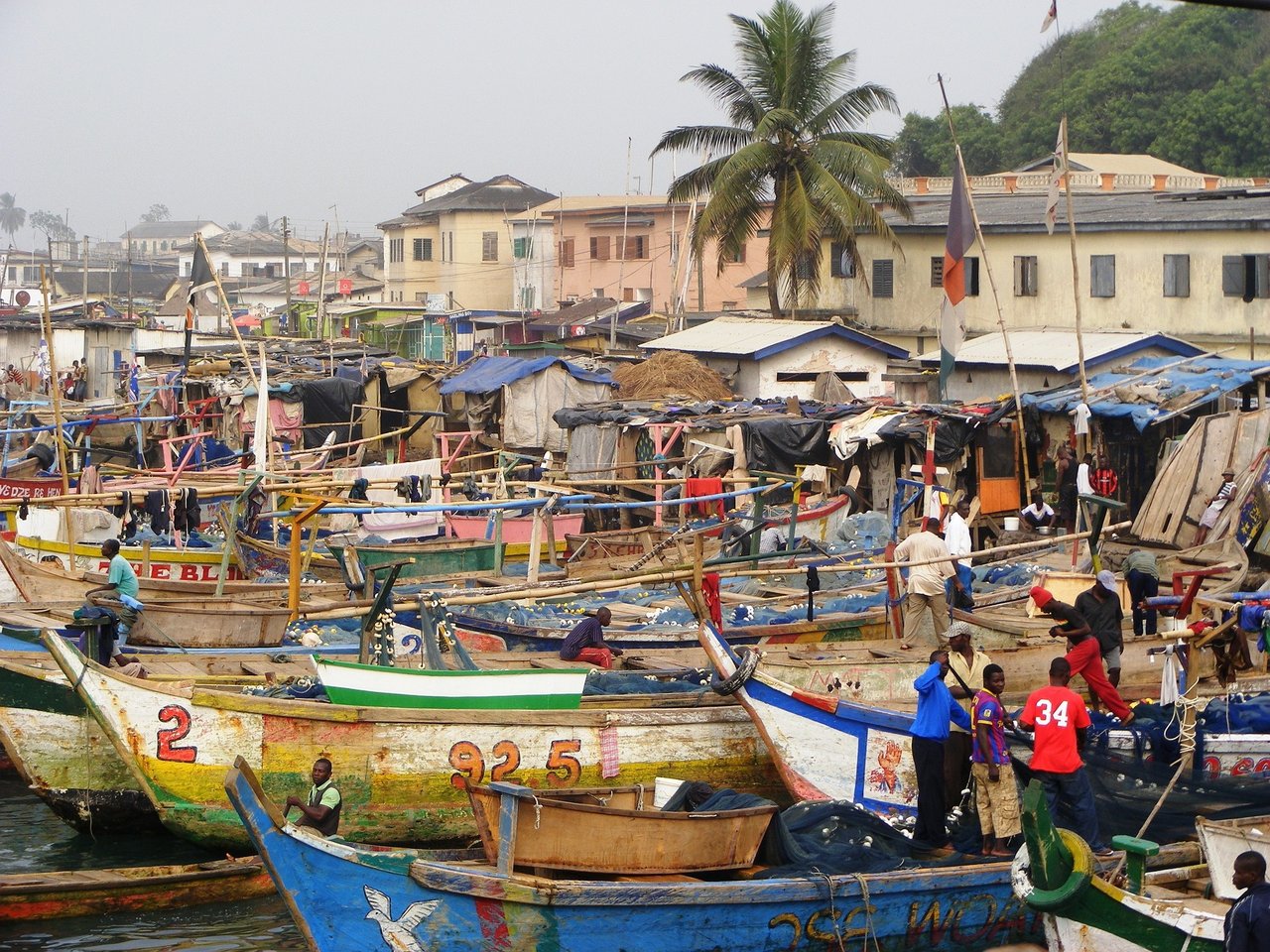
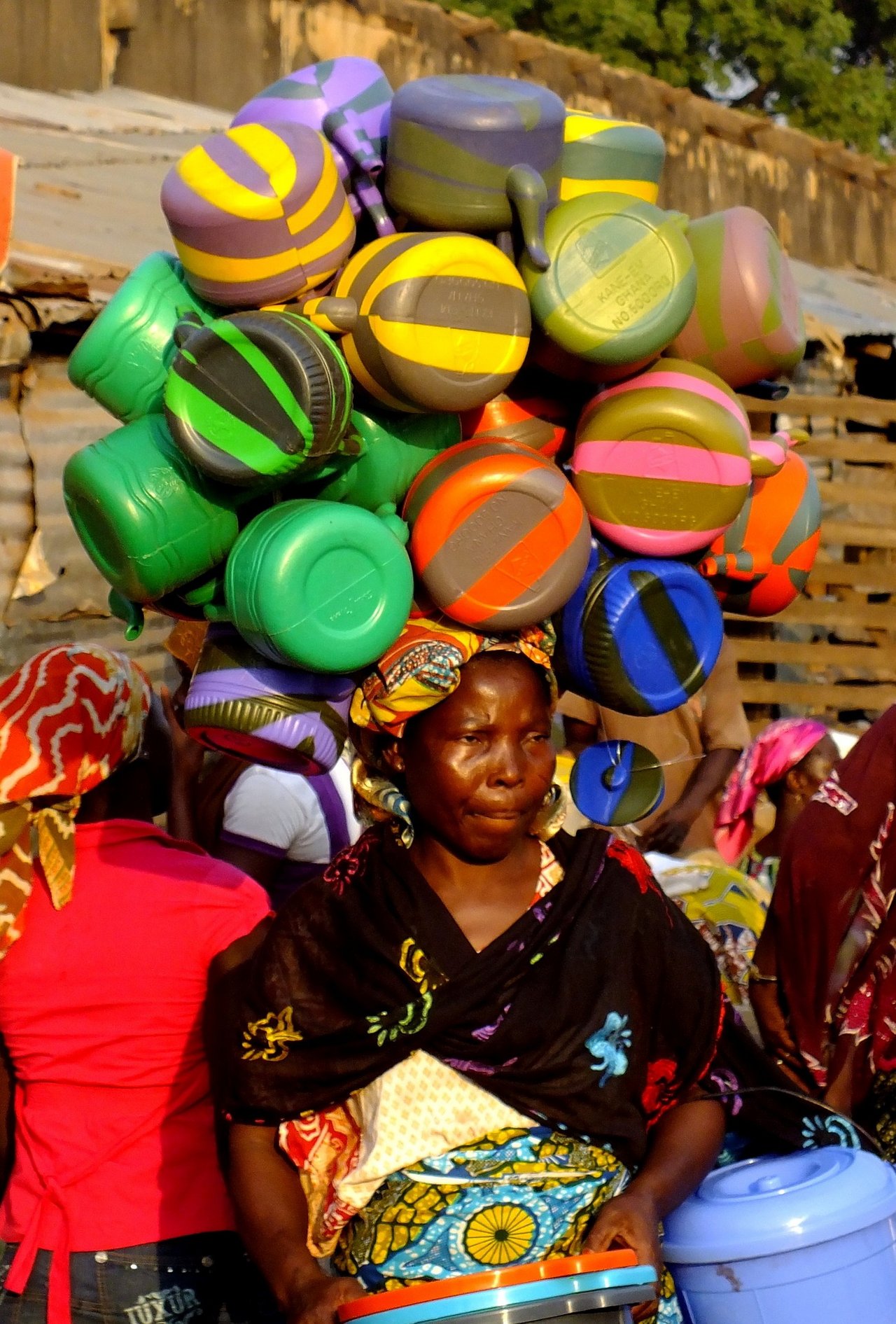
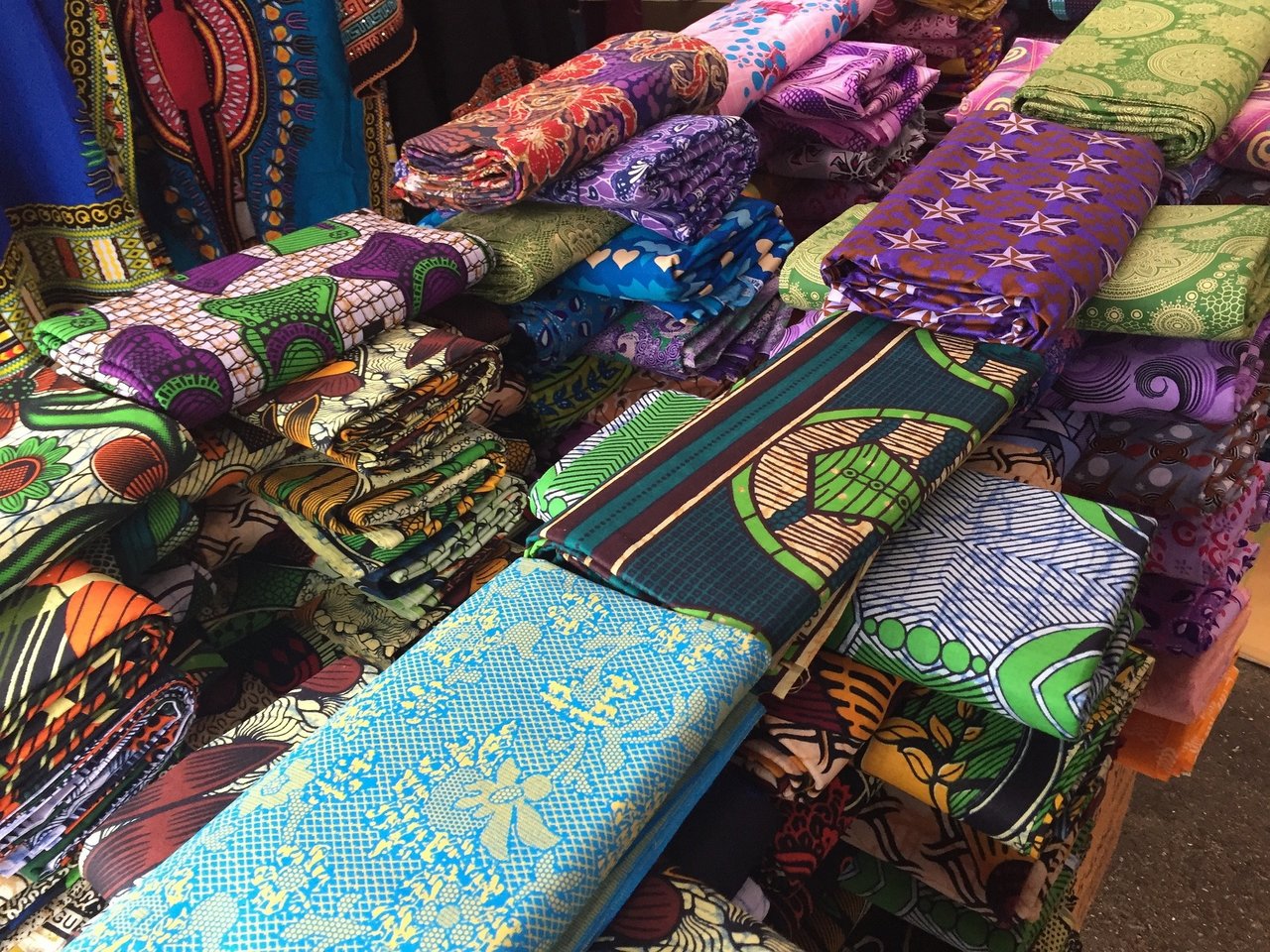
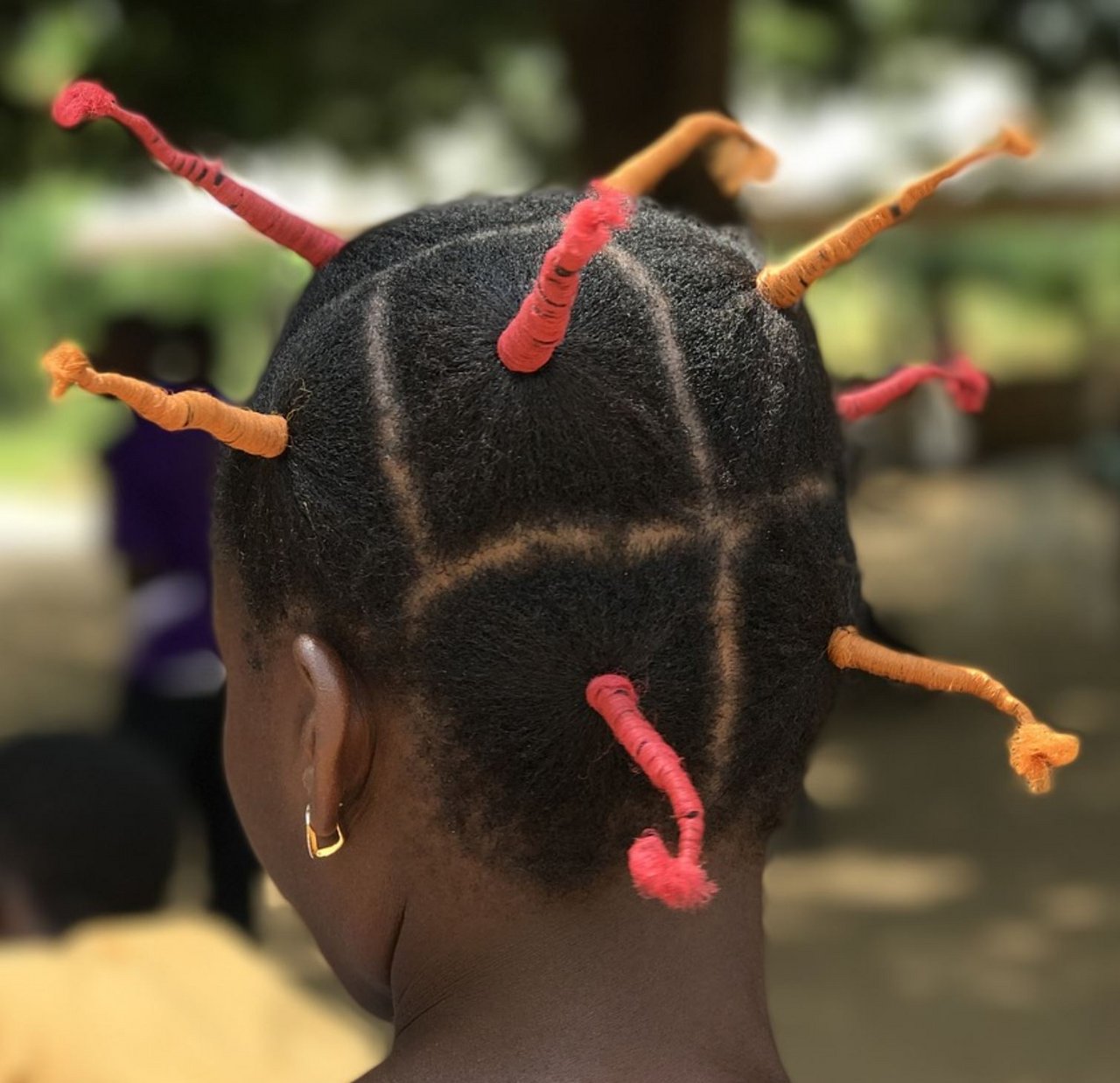
CULTURE
Knowledge and understanding of our cultural roots have made it possible to preserve and revitalise diversity. Every country, every ethnic group has its own cultural roots with different emphases. Traditions that are sometimes passed on with a more or less modern interpretation.
AFRICAN MUSIC
TRADITIONAL MUSIC
GAMBIA
The world's only female kora player, Sona Jobarteh from The Gambia, is an absolute role model. Sona Jobarteh founded a musical academy and cultural centre in The Gambia in 2015. To preserve and learn traditional musical instruments. But also to develop her own personality and impart values to shape her own personality.
The first music academy and cultural centre in The Gambia. Sona has acquired 50 hectares of land on which a magnificent new campus has been built. The campus is located on the southern edge of The Gambia and has space for 100 pupils. It will also offer a comprehensive vocational training programme for students aged 18 and over.
The location of the academy in Kartong is perfectly chosen - just a ten-minute walk from the beach and at the same time closely connected to the rural community. The academy will offer courses for local and foreign students and will have on-site accommodation.
GHANA
Odomankoma-kyerema Kwamena Pra and his son Frank Konina Prah are dedicated to the traditional music and dance of the Fantes communities.
Frank toured Europe in 2023 with the Danish-Ghanaian band TOTAL HIP REPLACEMENT with ‘Anyankofo’. We got to know each other during a stopover in Gütersloh at Dreiecksplatz. One of my favorite songs is ´Feeling´ featuring Asi Renie & Kwame Yeboah. I did meet Asi in Accra and we did talk about future plans and way to promote Ghanian music.
My idea of relocating the my-ecocamp, a holistic, ecologically orientated educational campus originally planned for Rheda-Wiedenbrück, completely to Ghana had convinced me through intensive discussions and an invitation from Frank to Ghana. The accompaniment of his music group, which plays at the funeral ceremonies of wealthy Ghanaians, enabled me to immerse myself more quickly in Ghanaian culture. I learnt about the customs and culture of different tribes.
TWERAMMPON TRADITIONALS is a group of artists that encompasses all forms of art, including painting, but especially music in various forms. The group was founded when the artistic director, Odomankoma-kyerema Kwamena Pra, recognised the downward trend of the arts in Ghana (and Africa as a whole) due to Western influence.
Kwamena Pra was the name given to him at birth in Cape Coast in 1959, but his drumming and dancing career, which began between the ages of three and fifteen, gave him the first title, Okyerema Kwamena Pra. At the age of forty, the elders who know and understand the spiritual sound symbols added the last title to him: Odomankoma-Kyerema Kwamena Pra, because he is able to contact the spirits on the drums.
Setting up the group has also made it possible to support needy young people from Cape Coast who are passionate about music. The group provides formal and informal training to the young people by sending them to school or apprenticeships and teaching them artistic skills. In this way, they can help to preserve and promote the traditional arts and can eventually compete in the music industry.
APATAMPA
Apatampa is mainly practised by the Fantes communities in Ghana.
It is said to have been created for women as a couple. Apatampa was originally an ensemble that was only played by women. Men were reluctant to take part. The purpose of Apatampo is to fulfil their recreational needs and to entertain themselves.
SENEGAL
COUMBA N'DOFFENE DIOUF
Ndoffene prefers to retreat to a cosy spot with his djembe, strumming, observing and trying things out.
The fact that Ndoffene's French is influenced by his mother tongue Wolof is more than clear to hear. That's why Ndoffene is also a quiet person and tends to favour soft tones.
Djembe, rhythm guitar, backing vocals, Afro fusion
Xalam & guitar NDoffene & Malick Diaw Paris 2012 6:36
22.09.2013
Xalam 1:
Xalam 1:32
www.youtube.com/watch;
Xalam 2:11
Xalam, also spelled khalam, is the Wolof name for a traditional stringed musical instrument from West Africa. The xalam is commonly played in Mali, Gambia, Senegal, Niger, Northern Nigeria, Northern Ghana, Burkina Faso, Mauritania and Western Sahara.
ARTISTS
ARTISTS AS A LINK IN CULTURAL PERFORMANCES
Circus performers combine many elements that can be found in the artistic field. Acoustic and visual performances, as soloists or in a group.
Versatile talents are required. Mindfulness, physical fitness. Creativity in the choreography, appropriate choice of accompanying music, original clothing, design of the performance venue.
CIRCUS BAHIR DAR Artist school of Ethiopia
Circus Bahir Dar Arts School Centre was founded in 2001 by Wude Zeleke Gabre in the city of Bahir Dar in the northern part of Ethiopia. The main goal of her project is to integrate disadvantaged youth and adults up to the age of 35 and to give them a better future by participating in circus, art, cultural and educational activities.
A large number of the members who attend the centre are children and adults who face great challenges in their daily lives and live on the streets because they have no parents or families to provide them with a normal childhood. A real challenge right now.
For the past six years, a civil war has flared up in Ethiopia - unnoticed by the public. The conflict stems from tensions between the Ethiopian government and the Tigray government, the Tigray People's Liberation Front (TPLF), which began when Prime Minister Abiy took office in April 2018. Following the alleged attack by Tigrayan militias on Ethiopian military barracks, Abiy ordered Ethiopian troops to enter Tigray in early November 2020. The Ethiopian government declared a nationwide state of emergency in November 2021 after TPLF troops made territorial gains and moved towards the capital Adis Adeba.
Tigray borders Eritrea to the north and the Amhara region with Bahir Dar to the south.
As is so often the case, the attention of our media is focussed solely on Ukraine and Palestine.
Bahir Dar is the capital of the regional state of Amhara National. It was originally founded between 1928 and 1933 and transformed from a small village to a city during this time. Bahir Dar is currently one of the fastest growing cities in Ethiopia with a large number of young men and women. However, there is a lack of public and private facilities such as circus schools to mould and discipline this young generation.
Circus Bahir Dar Centre is doing its best to be there for the young people even in these difficult times.